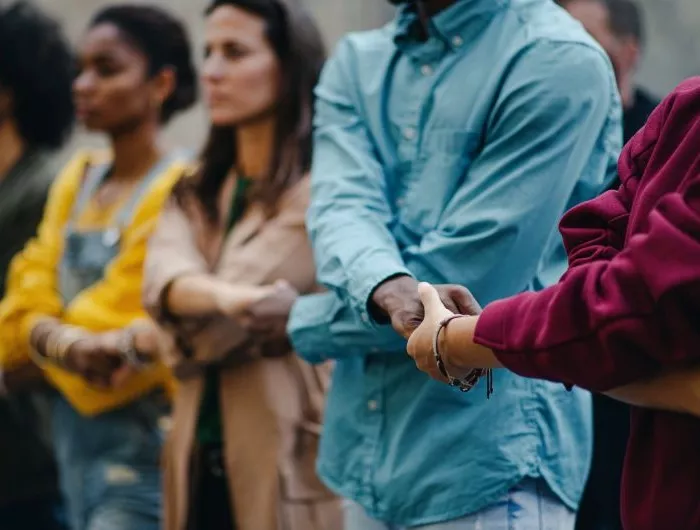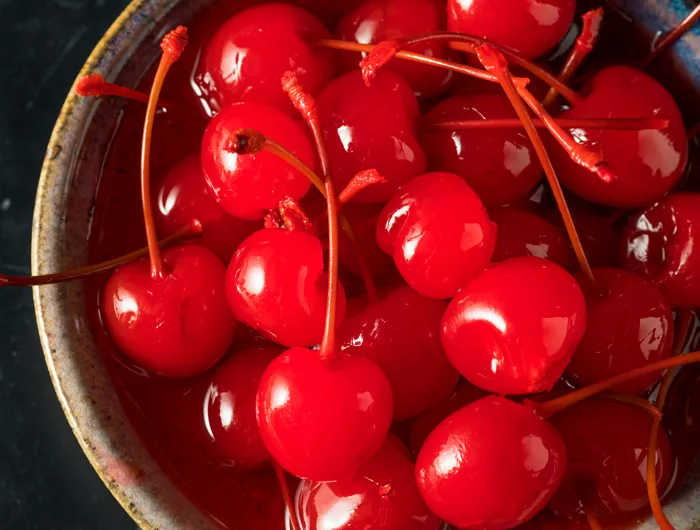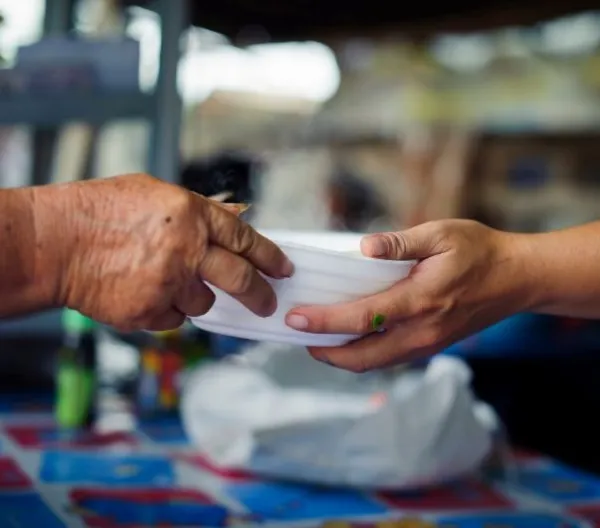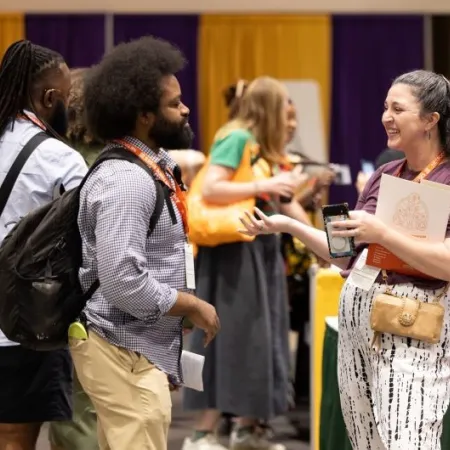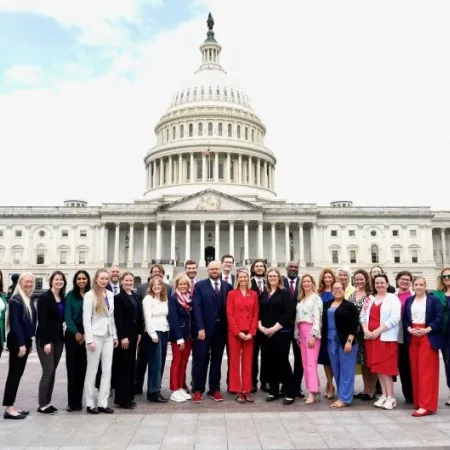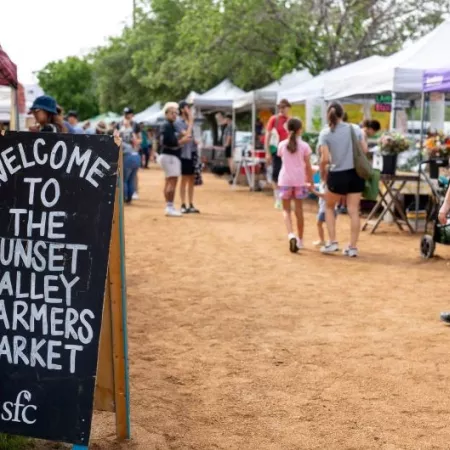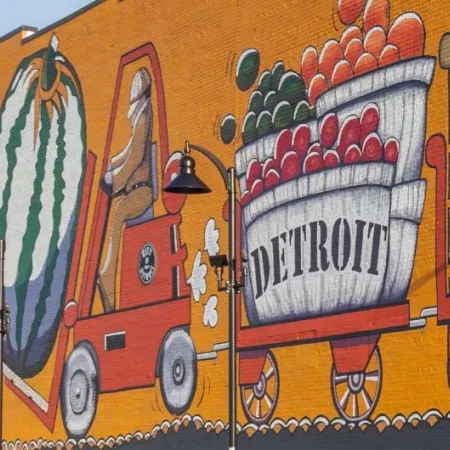In 2025, CSPI held its annual Virtual Partner Convening with the theme "Rooted in Resilience." Among other organizations, Illinois Food Justice Alliance staff members attended sessions with CSPI and other partner organization staff. Here, Devin Cooley, a state organizer with IFJA, shares his insights from the event.
Resilience is found in our ability to endure difficult times, which means that those considered resilient must often garner their strength through navigating survival under oppressive systems. Marginalized communities are often expected to be resilient by default, but a part of maintaining resilience is to care for ourselves and each other however we can. Creating safe spaces to learn, rest, and play is a revolutionary act in a world that commodifies our time and energy. When we fail to nurture ourselves, we deplete the energy needed to build a better future.
Throughout history, people have transformed pain into a healing, creative force. For example, the violence of Jim Crow gave rise to the Harlem Renaissance, and the devastation of mass incarceration sparked the birth of Hip-Hop—both powerful creative movements with a lasting global impact. This demonstrates that cultivating resilience is an art in and of itself. As Anupama Joshi said during the introduction of the 2025 CSPI Virtual Partner Convening, the work we do as advocates is like a marathon, not a sprint. We must pace ourselves and be intentional to build a movement for positive change that sustains future generations. The Center for Science in the Public Interest (CSPI) plans to approach harnessing resilience by focusing on four elements: engagement, creativity, adaptation, and relationships. When we authentically engage with communities, we can deepen relationships and develop creative solutions to the issues we face. This unified approach is critical for movements to adapt in times of uncertainty and helps us to better leverage our collective power.
The skill-building session on Foundational Skills for Media Interviews at the CSPI Convening gave me practical tools and broadened my understanding of how to intentionally convey messages to an audience. While raw authenticity is an important factor in maintaining integrity as a leader, it is also important to understand the nuances of media as a system that essentially shapes the perception of audiences through curated delivery. Matt Kohut taught the importance of due diligence when engaging with the media and navigating the sometimes unspoken negotiation of interests involved in journalism. We also learned tricks to enhance our virtual presence and communication, such as sitting near the edge of your chair to improve posture, ensuring there is adequate lighting, keeping eye contact with the camera, and maintaining a steady cadence while speaking. We were given tips for structuring our message, such as focusing on three main points, balancing statistics and narrative, and using literary tools like analogies or metaphors to deliver impactful and memorable messages. Similar to other design principles, sometimes less is more—so learning to effectively curate and share our stories through media with this principle in mind can expand the impact of our mission.
Our peer learning panels provided deeper insight into how our food system is connected to the livelihood of community members. In the session on Food Access in Immigrant Communities, Dr. Choti from AfriThrive shared a profound statement about how food is more than just nourishment because it is directly tied to our dignity, identity, and culture. Immigrant communities often struggle to find culturally appropriate food, which can lead them to feel disconnected from their identities and take away from their overall quality of life. Julia Cellejas shared experiences of witnessing the stigma around applying for benefits like SNAP due to fear of deportation. And as highlighted by Benyamin Chao from the California Immigrant Policy Center, undocumented communities face high rates of food insecurity due to the lack of access to assistive resources. Their perspectives emphasize the impact on students, workers, and families alike who heavily contribute to our communities yet are excluded from obtaining the resources needed to survive and thrive within them. This connects to the point raised by Cordel Bostic from the Western Virginia Farm Coalition in the session on Resilience in the Food System about the need to reregulate rules for the benefit of marginalized people who are often denied a voice. As Haley Holeton from the New Orleans Food Policy Action Council noted, we must understand the capacity of those we engage with by taking the time to learn about their lived experience. This is essential for building a movement that reflects our shared and individual struggles. The park and community garden built by the Zuni Youth Enrichment Project provided a great example of how providing a safe space in our communities can help to deepen relationships and trust while building life skills that aid in adapting, surviving, and thriving. Kelvin Taitt from East Brooklyn Mutual Aid reminded us to bring our unique skills to the table so we can create and heal together. By understanding our internal and external conditions, we cultivate the tools needed to build a solid foundation for future generations.
Throughout this convening, I was reminded of the importance of creating space for cultivating connections while engaging in storytelling and knowledge sharing. In times of crisis, this is essential for building our collective power. Hearing from experts with a diverse set of perspectives and knowledge affirms my belief that there is no cookie-cutter method for being an advocate—it takes intentional action to foster the healing, trust, and understanding needed to sustain a solid foundation. There is no better time than now to care for ourselves and those around us to foster the inner strength needed to liberate all oppressed people. Continuing to speak our truth, learning from each other, and channeling our collective energy in the face of challenges can lead us toward creating a world rooted in love, a home to all.
